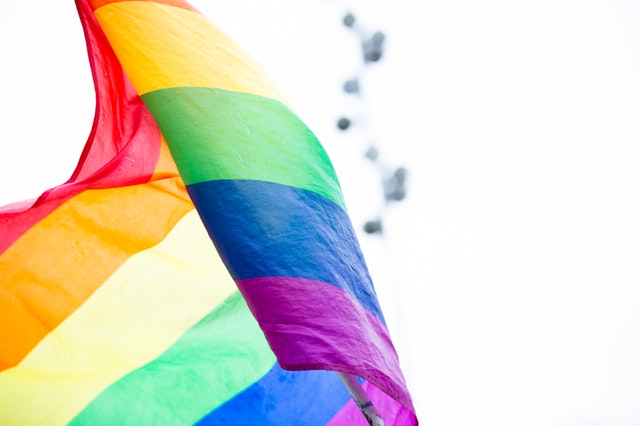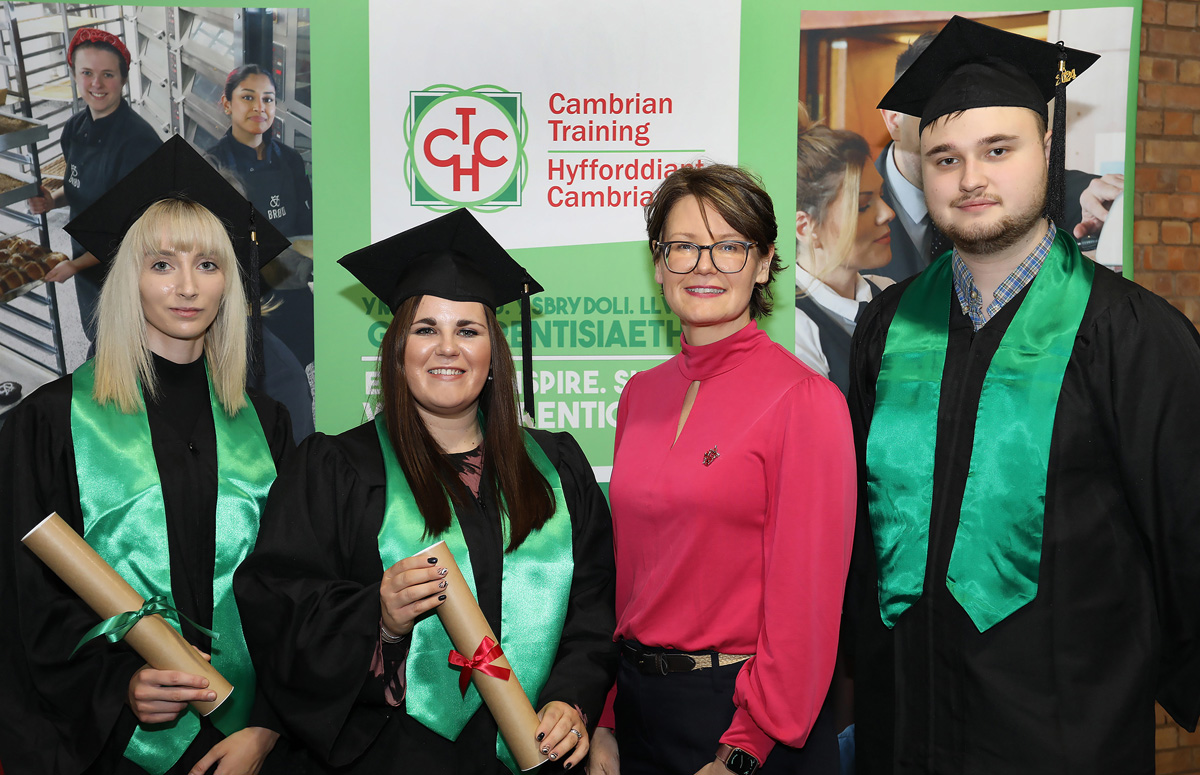LGBT+ freshers looking forward to being open and out at university, new UCAS research shows

New research by @ucas_online: LGBT+ students beginning university or college increasingly see higher education as an opportunity to be more open about their sexuality or gender, a new study finds, but more than 1 in 10 say they are unsure about how ‘out’ they can be when they start as freshers this autumn.
Today’s report, published today by UCAS, in collaboration with Stonewall, analyses the 1 in 13 university applicants who declared they are LGBT+, and the thoughts of almost 3000 students who responded to a UCAS survey on their experiences of education so far and their expectations about starting at university or college.
The report found 64% are comfortable being open about their identity at school, with 82% saying they are confident about being more open about their sexual orientation or gender at university.
Overall, nearly 9 out of 10 LGBT+ students had a good or neutral experience in education so far, with 75% saying this was due to them being accepted by their peers.
Of the 1 in 10 who say they are unsure of how ‘out’ they will be at university, their reasons quoted included: “I’ve faced a lot of transphobia and I don’t want to have to experience any more”, “Depends on who the people are/how comfortable I feel around them”; and “It’s personal and I still need time to find out for myself”.
Whilst 12% of LGBT+ students reported having a negative experience at school, that figure increases to 17% for transgender students, most of whom attributed bullying as the main reason. New UCAS data also shows trans students are more likely to have lower attainment at school and higher rates of mental health conditions. This report from UCAS, in collaboration with Stonewall, comes after Stonewall has been highlighting the importance of LGBT+ inclusive education in their recent Safe, Seen, Heard campaign .
Today’s report ‘Next Steps: What is the experience of LGBT+ students in education?’ found LGBT+ students are generally excited about their next steps in education. Key findings include:
- Over 1 in 13 UK domiciled applicants identify as LGBT+, and 1 in 250 identifies as transgender.
- LGBT+ students were more likely to declare a disability than non-LGBT+ students (30% vs 12%) and were more than four times more likely to declare a mental health condition (13% vs 2.9%).
- Transgender students were the most likely to declare a disability in their application at 47%, with 22% of trans students declaring a mental health condition compared to 2.9% of the non-LGBTQ+ applicants.
- Those students that identify as LGBT+ tend to be older age groups, with 44% being aged 18, compared to 51% of the total applicant cohort.
- LGBT+ students are more likely to be from disadvantaged areas – 17% of LGBT+ applicants were from POLAR4 Q1 areas, compared to 13% of non-LGBT+ students. Conversely, 25% of LGBT+ students were from POLAR4 Q5 areas, compared to 29% of non-LGBT+ students.
- LGBT+ students are most likely to enter creative courses, as opposed to non-LGBT+ students who favour subjects allied to medicine and business and administrative studies.
- Students intend to be more open about their sexual orientation and gender identity in higher education, with overall levels of openness increasing from 64% at school to an expected 82% at university or college.
- Around 1/3 of LGBT+ students researched specific LGBT+ service when applying for university of college, with a half of these research mental health support.
- LGBT+ students are more likely to choose universities or colleges in urban areas, with a larger bias towards being placed at universities in the North-West and Scotland.
UCAS Chief Executive Clare Marchant (she/her) said:
“UCAS is committed to ensuring that education is accessible to all, and I am encouraged that the majority of the 3,000 LGBT+ students who responded to our survey are feeling positive about their next steps in education and many of them are seeing the transition to university or college as a moment of liberation where they can be more open about their sexual and gender identities.
“Our report highlights that whilst significant progress has been made, there is still work to be done by all of us to create an educational environment where LGBT+ students can feel free to be themselves, and experience education without fear of discrimination or being treated differently. This is especially the case when it comes to accommodation where students are suddenly living with strangers and working out how open they feel able to be.
“For employers and universities who are meeting this cohort of students for the first time, our report highlights the varying support needs of LGBT+ students, with mental health in particular a prominent concern and a key part of their decision making process.”
Eloise Stonborough, Associate Director of Research and Policy at Stonewall (she/her) said:
“At the turn of the millennium, teaching about LGBTQ+ subjects in schools was still illegal – this trailblazing research highlights the great progress made since then, with schools and colleges promoting LGBTQ+ inclusion.
“As a result, we are now seeing LGBTQ+ students thrive, with more students feeling confident to be out at university. But the report shows that many lesbian, gay, bi, trans and queer young people continue to struggle at school. With under half of LGBT+ students (47%) who took part in the survey describing their experience at school or college as ‘good’ or ‘very good’, there is still more that we need to do more to ensure that all LGBTQ+ students are taught in an environment that allows them to fulfil their potential.”











Responses